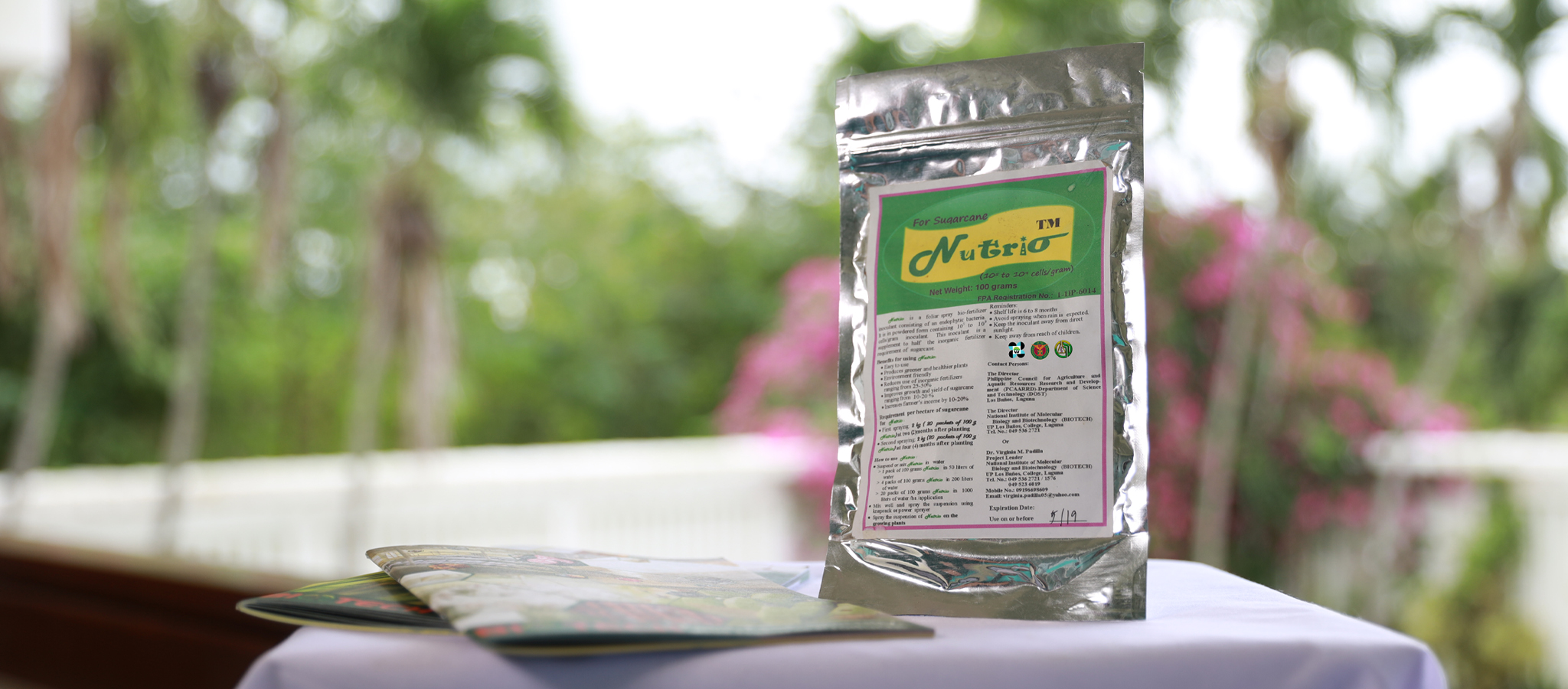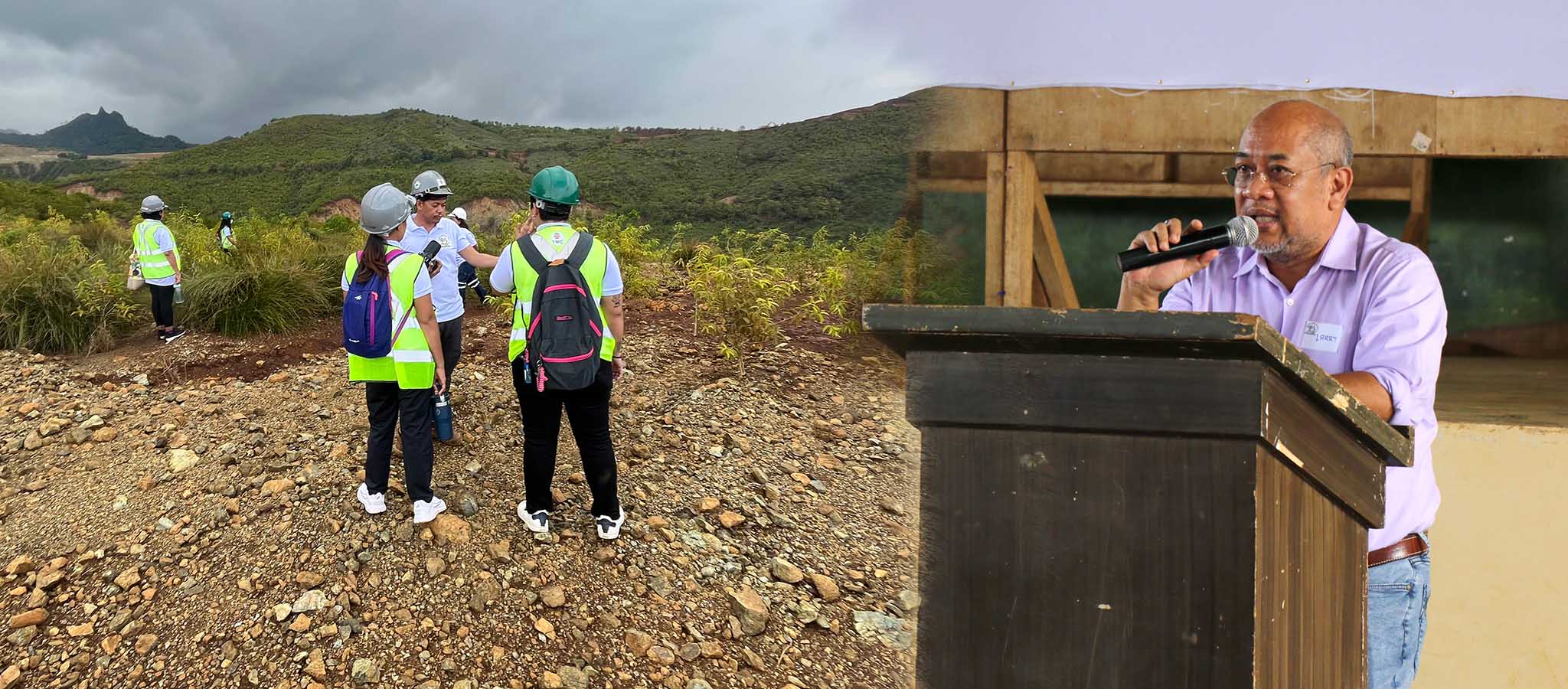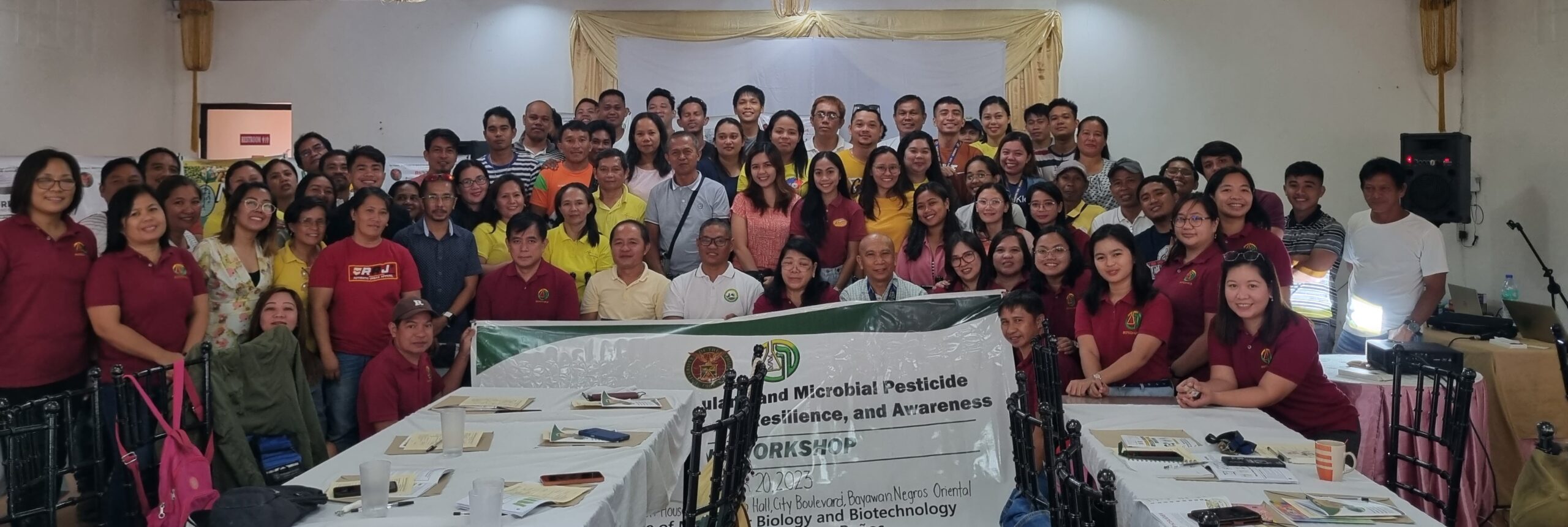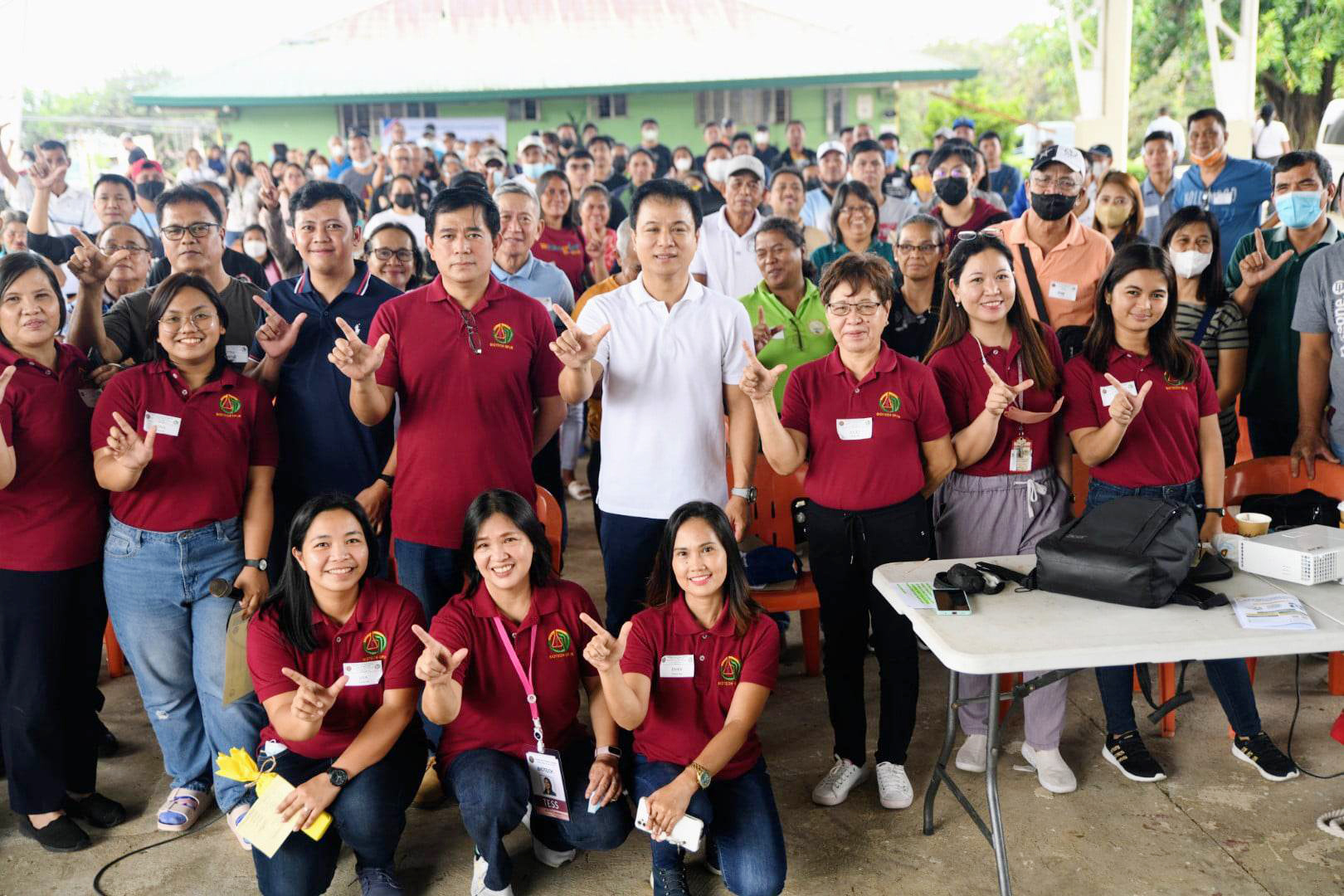
A biofertilizer for the new era of sugarcane
The heydays of the sugar industry in the 1950s to the early 1970s created wealth and defined socio-economic hierarchy and power in the country.
Much has since changed. For one, sugarcane farming is no longer exclusive to the hacienderos. The Sugar Regulatory Administration reported in 2017 that 79% of sugarcane farmers in the country are small-scale, with farm sizes less than five hectares.
Sugarcane has also found a new purpose. With the passage of the Biofuels Act of 2006, it was identified as a feedstock for bioethanol production.
Through all sorts of changes in the industry, what remains is its need for inputs such as fertilizer and nitrogen.
At UPLB, a soil scientist developed Nutrio®, a biofertilizer that helps sugarcane absorb nitrogen in the atmosphere. This fertilizer, now available in the market, is eco-friendly and cheaper.
Nutrio® was developed by Dr. Virginia M. Padilla, a retired university researcher of the UPLB National Institute of Molecular Biology and Biotechnology (BIOTECH).
It contains a living microorganism that produces important hormones for plant root and shoot development.
More importantly, the microorganism possesses a gene that facilitates fixation of atmospheric nitrogen, which when converted into available forms and absorbed by the plants, enhances plant growth, producing greener and sturdy plants.
According to Dr. Padilla, nitrogen is one of the three macro elements that are vital for plant growth, development, and reproduction.
Aside from being vital in chlorophyll production, it is also a major component of amino acids, the building blocks of proteins that plants need.
The biofertilizer can also be applied in other crops, including eggplant, rice, corn, papaya, banana, jackfruit, guyabano, rambutan, and various vegetables.
Dr. Padilla developed Nutrio® in 2012 under a research project that was funded by the Philippine Council for Agriculture, Aquatic, and Natural Resources Research and Development of the Department of Science and Technology, with the aim of increasing sugarcane and eggplant productivity in the country.
Based on her studies in Tarlac, Pampanga, Iloilo, Negros Occidental, and Bukidnon, farmers who used Nutrio® reduced the use of traditional inorganic chemical fertilizer by 50%, while enjoying 10-15% increase in sugarcane yield.
Using Nutrio® reduces the extensive and detrimental effects of inorganic chemical fertilizers such as soil degradation and significant loss of soil fertility.
Dr. Padilla’s family oversees the development, production, and distribution of Nutrio® through a recently established family corporation, the Fullmight Agricultural Corp. Fullmight is based in Los Baños, Laguna, Philippines and has a website at www.nutrio-foliar.com.
The golden years of the country’s sugar industry may be over, but bringing its production cost low through Nutrio® will help make it retain its position as an important crop in the country. (Mark Jayson E. Gloria)
This article was originally published in the UPLB Horizon with the URL https://horizon.uplb.edu.ph/horizon-magazine-2022/a-biofertilizer-for-the-new-era-of-sugarcane/?fbclid=IwAR17bhNuWknMI7Jrtg_8rIjtu0MTTIk5WnVjCn4-vfTJNGE_3MmzKVrC0G8
- YOU MAY ALSO LIKE



